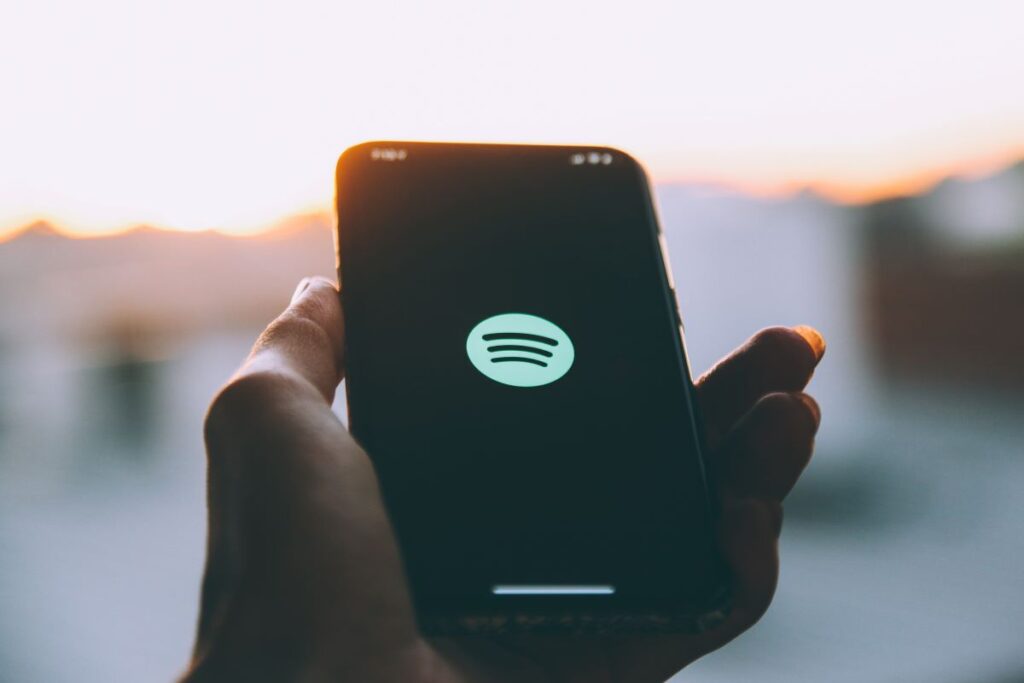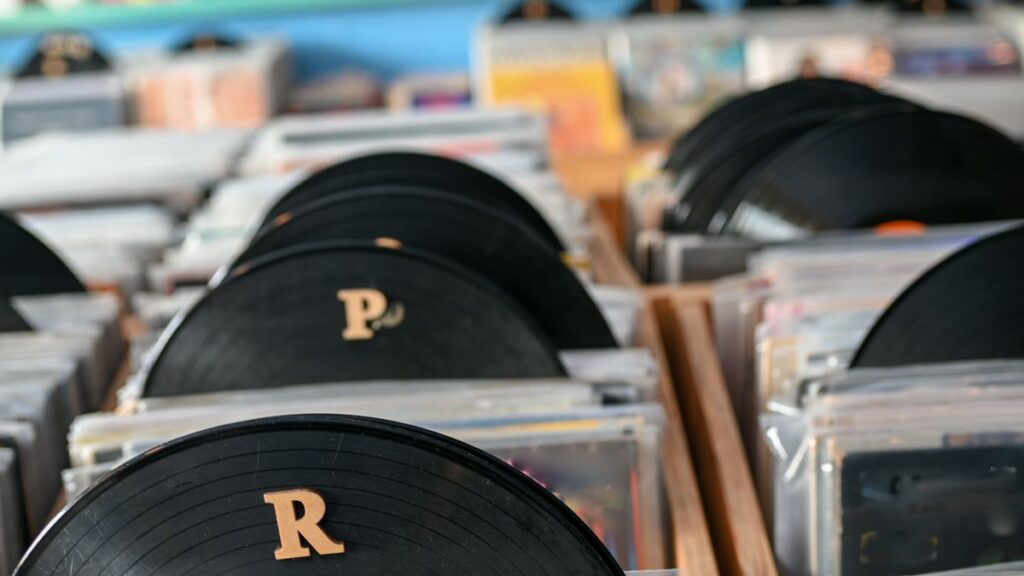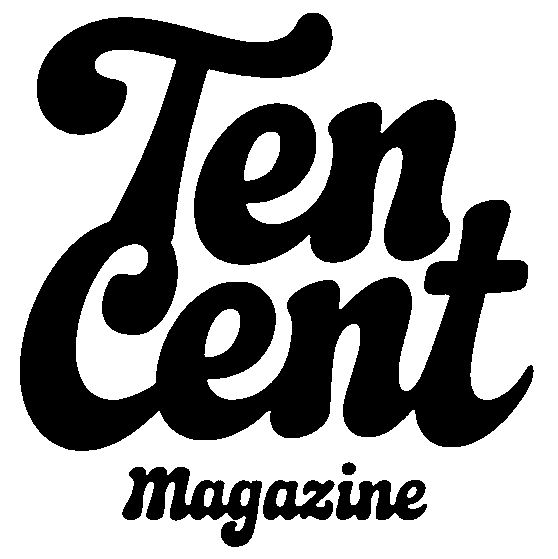How do small bands make money in today’s music industry? The modern music industry has transformed dramatically in the last two decades. Gone are the days when a record deal was the only path to success.
But making money as a small or independent band isn’t easy — it requires strategy, persistence, and smart use of both digital and offline opportunities. In this article, we’ll break down the main income streams available to small bands, analyze their pros and cons, and share examples of how artists actually survive in today’s competitive music world.
1. How Do Small Bands Make Money from Live Performances and Touring
For many small bands, playing live shows remains the #1 source of income. Whether it’s small bars, local festivals, or opening for bigger acts, live performances often bring in more reliable cash than digital streams.
Ways Bands Make Money from Live Shows
- Ticket sales (shared with venue/promoter)
- Flat performance fees
- Tips and donations (in smaller venues)
- Merchandise sold during the show
Example
Indie rock bands like Snail Mail and Beach Bunny built their early income almost entirely from relentless touring, often performing in intimate venues but selling out thanks to dedicated fans.

2. Streaming Platforms: Do Small Bands Really Make Money in Today’s Industry?
Streaming dominates the way fans consume music, but it’s a double-edged sword for small bands. While platforms give access to global audiences, the payouts per stream are notoriously low.
Streaming Payout Averages (2025 Estimates)
| Platform | Average Pay Per Stream | Notes |
|---|---|---|
| Spotify | $0.003 – $0.005 | Requires millions of streams for big income |
| Apple Music | $0.007 – $0.01 | Higher payouts than Spotify |
| YouTube Music | $0.002 – $0.004 | Ad-based revenue model |
| Tidal | $0.01 – $0.015 | Highest payouts, but smaller user base |

Reality Check
A small band with 100,000 monthly streams on Spotify may earn $300–$500 before splitting revenue between members, managers, and distributors.
3. Merchandise: A Key Way Small Bands Make Money Today
Merch is often more profitable than music itself. Fans love to buy T-shirts, vinyl records, posters, and limited edition items.
Why Merch Works So Well
- High profit margins (a $5 shirt can sell for $25–$30)
- Direct emotional connection with fans
- Great upsell during concerts or online drops
Example
Bands like King Gizzard & The Lizard Wizard sell unique vinyl pressings and limited-edition merch drops that sell out in hours, generating major income.

4. Crowdfunding and Fan Support
With platforms like Patreon, Bandcamp, and Kickstarter, fans can directly support small bands.
Options for Fan-Based Income
- Patreon subscriptions (monthly fan clubs, exclusive content)
- Bandcamp (fans pay for downloads, merch, and livestreams)
- Kickstarter/Indiegogo (funding new albums or tours)
Why It Matters
Crowdfunding transforms fans into long-term supporters. Even a small base of 500 fans paying $5/month equals $2,500/month in sustainable income.
5. Licensing: Film, TV, and Commercials
One of the most lucrative revenue sources for small bands is licensing music for media. Movies, TV shows, commercials, and video games constantly need new music.
How Licensing Works
- Bands or their publishers grant rights to use their music.
- Fees can range from $100 for indie ads to $10,000+ for national TV spots.
- Residual income is possible if the music airs multiple times.
Example
Indie band Explosions in the Sky gained widespread exposure and revenue after their songs were featured in Friday Night Lights.
6. Teaching and Music Lessons
Teaching is a traditional but reliable way for small bands to make money. Members can offer:
- Private instrument lessons
- Online classes (via Zoom or Teachable)
- Group workshops or summer camps
Why Teaching Works
- Predictable monthly income
- Expands local fanbase and reputation
- Can be scaled online to reach global students
7. Social Media Monetization
Platforms like TikTok, Instagram, YouTube, and Twitch allow bands to earn directly from content.
Revenue Channels
- Ad revenue (YouTube Partner Program)
- Brand partnerships/sponsorships
- TikTok Creator Fund payouts
- Selling merch or music through links
Example
Bands like AJR and smaller indie acts post short-form content to build an audience and monetize through both ads and fan purchases.
8. Grants and Government Funding
Some regions provide financial support to small artists, often overlooked by new bands.
Types of Grants
- Local arts councils or state-funded grants
- Nonprofit music foundations
- Competitions with monetary prizes
Why It’s Valuable
- No repayment required (unlike loans)
- Can fund recordings, tours, or marketing campaigns
9. Side Hustles and Alternative Income
Many small bands supplement income with creative side hustles:
- Session work for other artists
- Producing beats or background tracks
- DJing, event hosting, or music production
- Crowdsourcing ideas via fan requests
Example
Members of the band The Lumineers often do side gigs in production and teaching to fund tours.
10. Comparison Table: Revenue Streams for Small Bands
| Income Stream | Difficulty | Potential Monthly Earnings | Pros | Cons |
|---|---|---|---|---|
| Live Shows & Touring | Medium | $500–$5,000+ | Reliable, builds fanbase | Exhausting, travel costs |
| Streaming | Low | $100–$1,000 | Global exposure, scalable | Low payouts, requires marketing |
| Merchandise | Medium | $300–$3,000+ | High margins, fan connection | Inventory management, upfront cost |
| Crowdfunding | Medium | $200–$5,000+ | Direct fan support, sustainable | Requires loyal fanbase |
| Licensing (TV/Film) | High | $100–$10,000+ | Big payouts, residual income | Competitive, legal knowledge needed |
| Teaching / Lessons | Medium | $500–$3,000+ | Steady income, scalable online | Time-consuming |
| Social Media Monetization | Medium | $100–$2,000+ | Builds audience, multiple revenue streams | Requires content skills |
| Grants / Funding | Low | $500–$5,000+ | No repayment, funds projects | Highly competitive |
| Side Hustles | Medium | $200–$3,000+ | Flexible, diverse income | Can distract from band |
Conclusion: Making Money as a Small Band in Today’s Music Industry
Small bands today face both unprecedented opportunities and new challenges. With streaming platforms, social media, and crowdfunding, even a group of three or four musicians can reach a global audience. Yet, monetizing that exposure requires strategy, persistence, and diversification.
Key takeaways for small bands:
- Diversify income streams: Don’t rely solely on streaming combine live shows, merch, teaching, and licensing.
- Build a loyal fanbase: Crowdfunding and social media monetization depend on dedicated fans.
- Manage finances smartly: Touring and merch have upfront costs; track spending carefully.
- Leverage grants and alternative funding: Explore local arts programs and nonprofit opportunities.
- Keep learning and innovating: The music industry is constantly evolving; adapt quickly.
FAQs: How Do Small Bands Make Money in Today’s Music Industry?
1. Can small bands survive only on streaming income?
No streaming payouts are generally too low for small bands. Streaming is better for exposure and fan growth, while live shows, merch, and crowdfunding provide real revenue.
2. What’s the most profitable income stream for small bands?
It varies, but live performances and merchandise usually provide the highest immediate returns, while licensing deals can bring occasional big payouts.
3. How does crowdfunding help small bands?
Platforms like Patreon or Bandcamp allow fans to directly support artists with subscriptions or donations. Even a few hundred dedicated fans can generate steady monthly income.
4. Are grants and funding realistic for small bands?
Yes — many local arts councils and nonprofit organizations offer grants that can fund albums, tours, or marketing. Competition is tough, but grants don’t require repayment.
5. Can social media really make money for bands?
Absolutely. Platforms like TikTok, Instagram, YouTube, and Twitch can generate ad revenue, sponsorships, and merchandise sales. The key is consistent, engaging content.
6. Should small bands consider teaching or side hustles?
Yes music lessons, session work, or production work provide reliable income while bands build their careers. These activities also expand skills and networking opportunities.
7. How can small bands balance touring and other income streams?
Plan strategically: schedule tours around merch sales, teaching, and licensing opportunities. Diversification reduces financial risk and burnout. For real-world insights from musicians on how they balance income streams, check out this Reddit discussion on modern musicians’ income sources.
8. Where can I learn more about financial challenges for indie artists?
Check out our guide: The Real Cost of Becoming a Full-Time Artist for insights on budgeting, income, and long-term sustainability.

